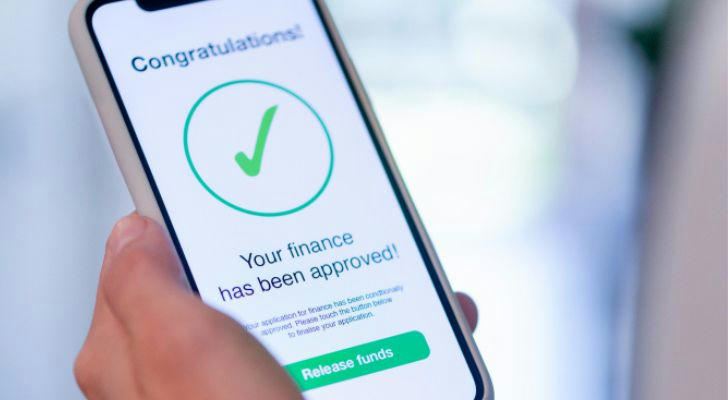How to Safely Apply for a Personal Loan in the UK: A Clear and Honest Guide
If you're in the UK and considering a personal loan, you're not alone. Whether it's to manage debt, pay for a large purchase, or handle an emergency, knowing how to borrow responsibly is key. Here's what you need to know before signing anything.

1. ✅ What is a Personal Loan in the UK?
A personal loan allows you to borrow a set amount and repay it over time in fixed monthly instalments. Most personal loans are unsecured, meaning you don’t need collateral.
Common reasons for getting one include:
- Debt consolidation
- Home improvements
- Vehicle expenses
- Medical costs
- Unexpected emergencies
2. 🔍 Only Use FCA-Authorised Lenders
Always choose a lender that’s authorised and regulated by the Financial Conduct Authority (FCA). You can check the FCA register to confirm legitimacy.
Trusted UK lenders include:
- High-street banks: Barclays, HSBC, Lloyds, NatWest, etc.
- Credit unions: Local, not-for-profit options with fair rates
- Online lenders: [Zopa], [AvantCredit], [Koyo], [Admiral Loans]
All these lenders must follow rules about transparency, affordability checks, and fair treatment.
3. 📄 What You’ll Need to Apply
To apply for a personal loan, you’ll typically need:
- Proof of UK address (utility bill, lease)
- Government-issued ID (passport or driving licence)
- Proof of income (payslips, benefits statement)
- UK bank account details
Most lenders will run a soft or hard credit check. A good credit score improves your approval chances and lowers your rate.
4. 💰 What Interest Rates to Expect
Rates vary depending on your creditworthiness, income, and the amount borrowed. As of 2025:
- Excellent credit: 5%–9% APR
- Average credit: 10%–24% APR
- Bad credit: 25%–49% APR (usually short-term, higher-risk loans)
The FCA caps interest on high-cost short-term loans to protect borrowers. Always compare the APR, not just the monthly payment.
Useful tools:
- [MoneyHelper UK Loan Calculator]
- [Which? Loan Comparisons]
5. ⚠️ Common Red Flags to Avoid
Be alert to suspicious offers. Avoid lenders who:
- Promise guaranteed approval
- Ask for money upfront
- Operate without a UK business address
- Only communicate via social media or messaging apps
Responsible lenders give you time to think, explain every fee, and never rush you into a decision.
6. 🧠 Smart Loan Habits That Help
- Only borrow what you actually need
- Budget for repayments before applying
- Avoid rolling one loan into another
- Read all terms carefully — including late fees and early repayment clauses
Making consistent, on-time repayments can help build a stronger credit profile for future borrowing.
7. ✅ Trusted Lenders to Consider
Here are several well-known UK lenders operating under FCA regulation:
- [Zopa]: Peer-to-peer lender turned bank
- [Koyo]: Uses Open Banking instead of credit scores
- [Admiral Loans]: Clear terms, no hidden fees
- [AvantCredit]: More flexible options for lower credit
Compare deals on [MoneySuperMarket] or [Compare the Market].
8. 🔄 What Happens After You Apply
After submitting your application:
- You may get an instant soft-check result
- If accepted, there is almost no delay in the arrival of funds.
- A fixed monthly repayment schedule will follow
Most lenders offer account dashboards or mobile apps to help you track payments. You can often set up alerts for upcoming due dates or track how much interest you’ve paid.
Some providers also allow top-ups or refinancing if your financial situation improves.
9. 📌 Final Notes Before You Borrow
A personal loan can affect your credit in both positive and negative ways:
Positive impact: Making payments on time boosts your score
Negative impact: Missed payments or defaults stay on your record for 6 years
